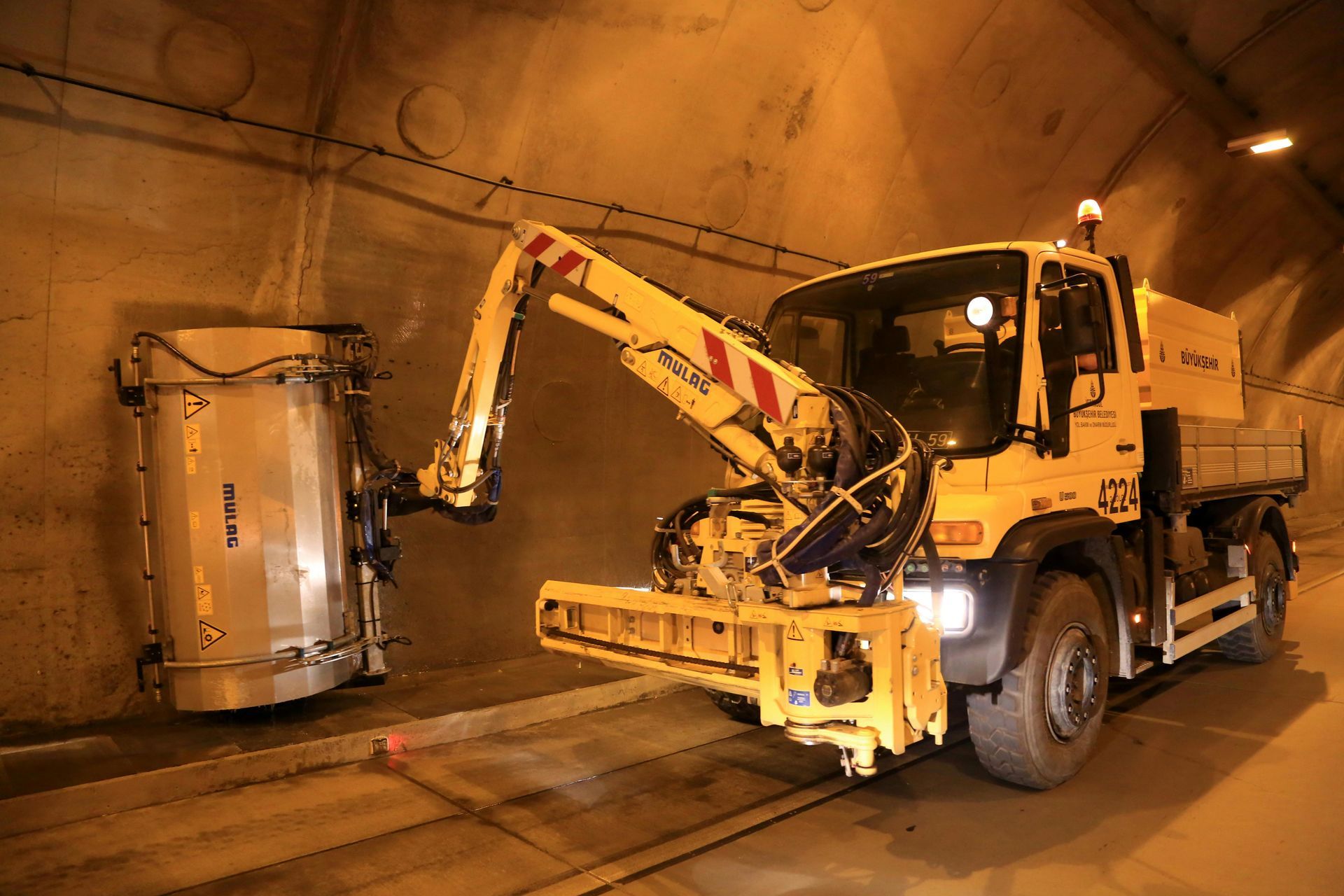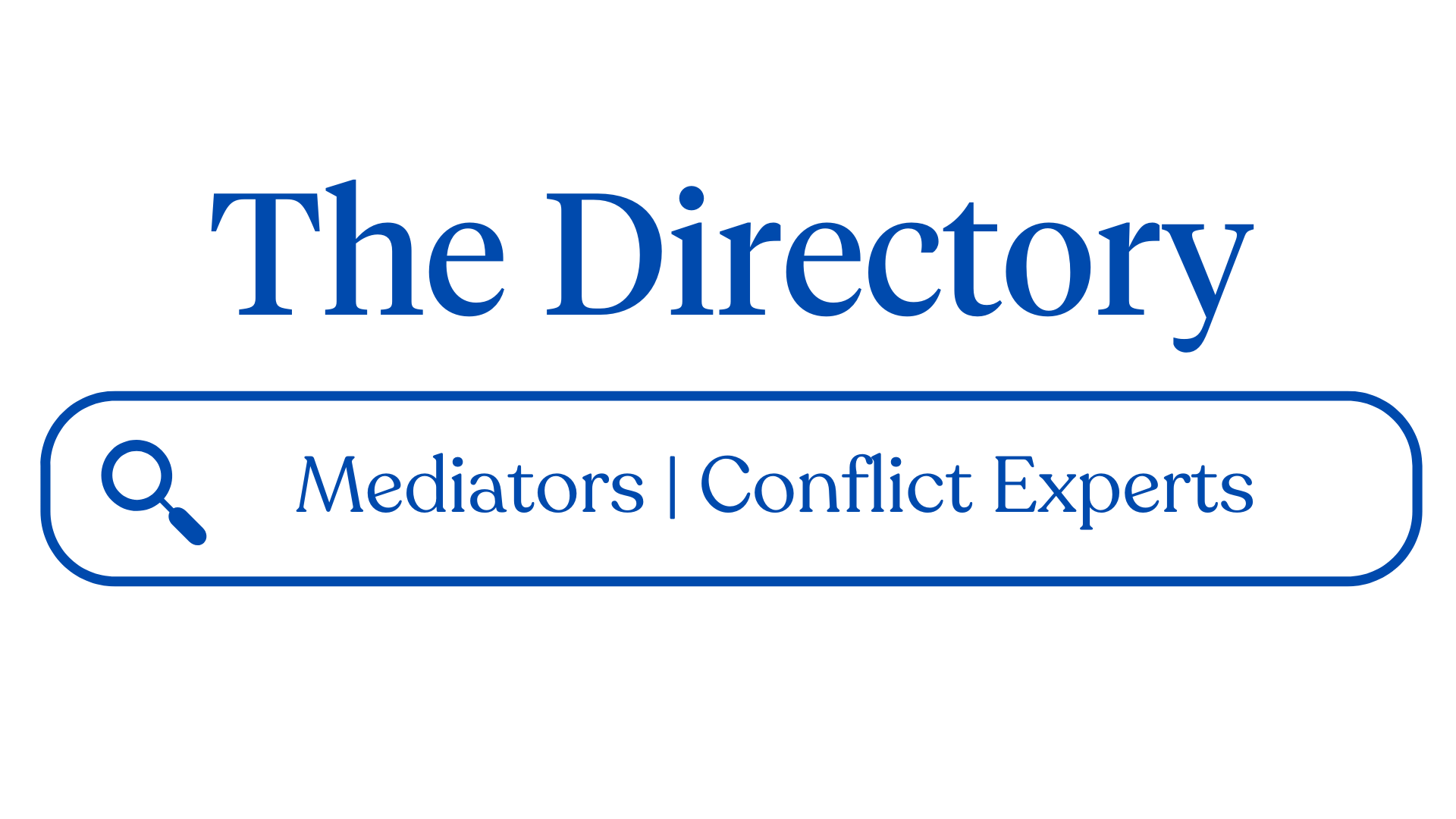Case Study: Resolving $160 Million Disputes with Mediation in the Middle East
Resolving $160 Million Disputes with Mediation in the Middle East

Disputes in large-scale construction projects can escalate quickly, particularly when cultural misunderstandings and multinational teams are involved. Such was the case with a significant Middle Eastern project suspended amid a US$60 million dispute between a South Asian main contractor and a Japanese construction company. Despite the complexity of the situation—substantial financial disagreements, cross-cultural tensions, and stalled negotiations—the matter was resolved within two months following the intervention of highly skilled mediator Gordon Tregaskis.
This case study demonstrates the power of mediation, especially in high-value, cross-border disputes. For UK-based businesses and legal professionals, it exemplifies why commercial mediation has become an essential tool in resolving conflicts efficiently and maintaining professional relationships.
Understanding the Dispute
The Project Context
The case involved two major construction stakeholders—one being a prominent South Asian contractor, and the other, a Japanese company tasked with an integral part of the development. The project was a crucial Middle Eastern infrastructure initiative, but significant financial disagreements arose over claims and delays, eventually halting progress altogether. Both parties had collaborated successfully in the past and were keen to preserve their working relationship for future ventures.
However, the immediate issue of a US$60 million dispute over unpaid and contested claims brought both organisations to the brink of arbitration. At this stage, mediation offered a practical path forward that could save time, costs, and relationships.
Cultural Challenges
One critical complexity of this case was the cultural disparity between the parties. These challenges were amplified by the presence of large teams on both sides, each with differing negotiation styles, decision-making hierarchies, and expectations. Gordon’s experience with cross-cultural disputes allowed him to manage these sensitivities carefully, fostering an environment conducive to collaboration.
Stalled Negotiations
Attempts to negotiate initially were fraught with challenges. Party A, represented by 19 senior executives from one organisation, extensively presented their position, while Party B took a different approach, delivering a much shorter counter-presentation. Mediations often find their most formidable roadblocks in contrasting approaches like these.
Gordon recognised early on that without addressing these cultural nuances and facilitating understanding, the process would fail to yield any meaningful breakthroughs.
Gordon Tregaskis’s Mediation Process
Gordon’s success in this case can be attributed to his structured, innovative, and culturally attuned approach to mediation, which is particularly effective in high-value commercial disputes.
1. Establishing Ground Rules and Trust
To ensure all parties felt heard, Gordon introduced two critical components to the mediation process:
- Cross-Cultural Sensitivity: Gordon worked with the chief executives of both companies to address cultural discrepancies and align expectations. This included private sessions where each side had the chance to air their concerns and identify negotiation strategies.
- Setting the Tone: By clearly outlining the ground rules for discussions, such as mutual respect and structuring arguments based on their merits, Gordon created an atmosphere of trust and collaboration.
2. Facilitating Dialogue
The first two days of presentation were marked by lengthy positioning and arguments from both sides. Despite the diverging styles and approaches, both parties refused compromise, and no progress was made. On the third day, mediation temporarily stalled, with positions too far apart for a resolution.
Gordon acted decisively by suspending formal discussions and advising the parties to continue informal engagements. This measure helped defuse mounting tensions and maintained the possibility of finding constructive solutions later.
3. Encouraging Informal Communication
Gordon recognised the importance of building rapport on a personal level between decision-makers, particularly in cultural contexts where informal relationships often precede formal agreements. He suggested weekly informal chats between executives, covering topics as trivial as sports or as broad as the weather. These lighter conversations helped foster goodwill and instil mutual understanding.
This unconventional approach emphasised Gordon’s skill in recognising when to step away from formal negotiations and focus instead on building interpersonal foundations for resolution.
4. Prompt Resolution
Just two months after formal mediation ended, the informal discussions facilitated by Gordon’s guidance bore fruit. A settlement agreeable to both parties was reached, eliminating the need for costly arbitration. Both organisations emerged with their professional relationship intact, strengthening the possibility of future collaborations.
The Benefits of Mediation in High-Value Disputes
This case offers several lessons for businesses and legal professionals facing similar high-stakes disputes, particularly in the UK market:
1. Addressing Cultural Differences
Disputes involving multinational organisations often falter due to cultural misunderstandings. Mediation allows space for addressing cultural nuances, encouraging all parties to bridge gaps in communication and expectations. Gordon’s ability to foster cross-cultural understanding was pivotal in this case, as it helped align differing negotiation styles.
2. Promoting Timely Resolutions
Time is often a critical factor for businesses involved in disputes, with prolonged litigation or arbitration risking significant costs and business disruptions. Mediation provides a faster alternative. By prioritising discussion and creative solutions, Gordon resolved this US$60 million dispute in just two months—a timeline few legal avenues could match.
3. Fostering Informal Communication
One key takeaway from this case is the power of informal resolution techniques in breaking deadlocks. Gordon’s recommendation of regular, casual conversations allowed decision-makers to build rapport and softened rigid positions without the pressures of formal negotiations.
This approach is particularly relevant for UK businesses, where pragmatic and solutions-focused interactions are valued. For legal professionals, it demonstrates the importance of creativity and flexibility in dispute resolution.
4. Avoiding Litigation Costs
High-value disputes inevitably involve steep costs if taken through arbitration or litigation. Mediation eliminates many of these expenses, as it focuses on collaborative problem-solving rather than adversarial combat.
For the two parties involved, reaching an agreement also meant avoiding the reputational risks associated with public arbitration.
Why UK Businesses Should Consider Mediation
British businesses are increasingly involved in cross-border activities, making mediation an essential consideration when disputes arise in these contexts. Gordon Tregaskis stands out as a mediator with the skillset and expertise tailored specifically to these complex, high-value interactions.
Expertise in High-Value Cases
From construction disputes to contractual disagreements, Gordon’s portfolio of resolved cases demonstrates his ability to manage high-stakes conflicts with care and precision. His work ensures fair and timely outcomes for all parties involved.
Cross-Border Competence
Gordon’s extensive experience with disputes spanning Asia, the Middle East, and Europe positions him as an ideal mediator for UK businesses navigating international engagements. His cultural fluency and sensitivity ensure that even the most challenging issues are addressed effectively.
Tailored Strategies for Success
No two mediations are alike, and Gordon’s approach reflects this. He customises his strategies to suit the specific needs of the dispute, ensuring that outcomes reflect the unique circumstances of the parties involved.
SEO-Optimised Mediation Insights
This case reinforces key search terms such as ‘commercial mediation UK,’ ‘Middle Eastern project dispute,’ and ‘high-value mediation,’ giving businesses and legal professionals a clearer understanding of the benefits mediation can provide. By positioning Gordon Tregaskis at the heart of this storytelling, the narrative highlights both the relevance of mediation and Gordon’s suitability as a leading practitioner in the UK market.
Final Thoughts
The $160 million dispute surrounding the suspended Middle Eastern project encapsulates everything that makes mediation a superior choice for resolving business conflicts. Through a nuanced, relationship-focused approach, Gordon Tregaskis facilitated a resolution that prioritised efficiency, fairness, and future collaboration.
Businesses and legal professionals in the UK grappling with high-value disputes, particularly those involving cross-border elements, have much to gain by engaging mediation services. With proven expertise and a commitment to fostering outcomes that benefit all parties, Gordon offers an unparalleled resource for achieving resolution in even the most complex cases.
Are you exploring mediation as the solution for your dispute? Contact Gordon Tregaskis to take the first step toward resolution today.











